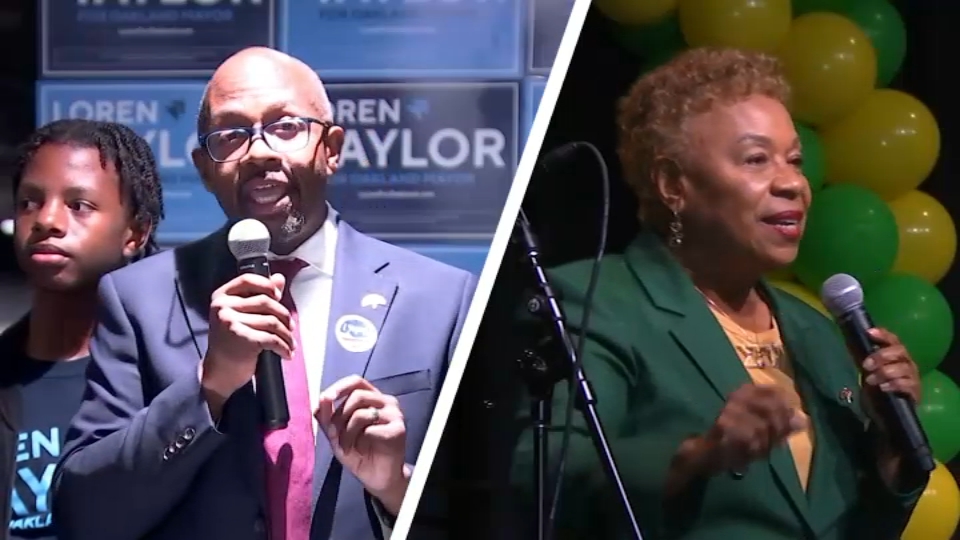For what is believed to be the first time, a deported veteran living outside the United States has been granted citizenship. Fourteen years after he was first sent to Mexico, decorated U.S. Army Veteran Hector Barajas is preparing to come home to the United States where he’s scheduled to take the oath of citizenship in early April. Immigration officials confirmed…
For what is believed to be the first time, a deported veteran living outside the United States has been granted citizenship. Fourteen years after he was first sent to Mexico, decorated U.S. Army Veteran Hector Barajas is preparing to come home to the United States where he’s scheduled to take the oath of citizenship in early April. Immigration officials confirmed to NBC Bay Area that Barajas has been approved for citizenship.
“Oh my God, this is great!” said Barajas, as he read documents from the US Department of Homeland Security, telling him to appear for a citizenship swearing in on April 13, 2018. “I’m coming home, ma,” he said, crying and laughing at the same time.
In February 2017, NBC Bay Area’s Investigative Unit found that just like Barajas – as many as 300 U.S. military veterans have been deported after serving honorably in Iraq, Afghanistan, and even Vietnam. The range of crimes listed as deportable offenses for those not technically US citizens was expanded significantly during Bill Clinton’s presidency. While violent crimes are on that list, so are minor crimes like drug possession, entering the country illegally and failure to appear in court.
Within months of NBC Bay Area’s series of reports, California Governor Jerry Brown cleared the way for Barajas to become a citizen last April by granting Barajas a pardon along with two other deported veterans. Of Barajas, the Governor’s pardon stated, “…he has lived an honest and upright life, exhibited good moral character, and conducted himself as a law abiding citizen.”
- See full list of April 2017 pardons here
Barajas was born in Mexico, but came to the U.S. with his family at the age of 7, and became a legal permanent resident. He grew up in Compton, about an hour south of Los Angeles. When he enlisted in the US Army, Barajas said recruiters told him that his service would grant him citizenship. Barajas served as a paratrooper for six years and left with an honorable discharge. When he left the army - like a lot of soldiers - he got into trouble with the law. Drugs led him to other crimes, and he pled guilty in 2002 to firing a weapon at a vehicle. No one was wounded. Barajas was sentenced to two years in prison. He served a little more than a year behind bars and then another year of parole. After serving his time, Barajas then received a deportation order.
He’s been fighting to get back home ever since. He has an 11-year-old daughter, and other family members in the U.S. Talking with NBC Bay Area via Skype, Barajas said,” There’s days when my daughter would cry, ‘why can’t you come over?’ I’d take her to the border and I couldn’t go across with her. Now I can. We can go together.”
Local
While in Mexico, Barajas created a community center, nicknamed “the Bunker,” where he’s been helping other vets with job prospects, immigration advice and legal services. Through the Bunker, Barajas has counted more than 300 deported veterans.
Despite his struggles, he remains loyal to the United States, and told NBC Bay Area during an interview last year, “My allegiance is to the United States. I was born in Mexico but my allegiance and who I choose to fight and die for is the United States of America.”
Barajas vows to continue the fight to bring his fellow soldiers home, and said he would stay at the Bunker for one more year. “We’re going to continue to fight for them,” he said. “Definitely our work has started a chain reaction and I think eventually the laws will change.”
“See you on the other side!” he added.



